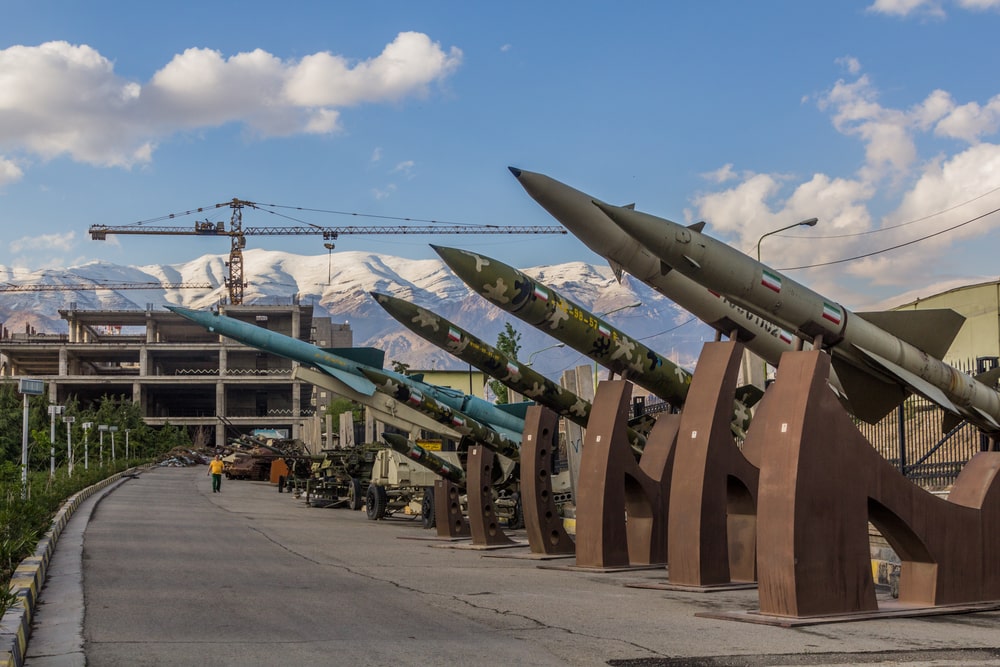Pakistan condemns an Iranian airstrike on its territory, labeling it an “unprovoked violation.” Two children were killed in the attack. The incident follows Iran’s strikes in Iraq and Syria, heightening concerns of a wider regional conflict.
Tensions in the Middle East escalate as Pakistan strongly condemns an Iranian airstrike within its borders, resulting in the tragic death of two children. The incident adds to the recent hostilities in the region, including Iran’s strikes in Iraq and Syria. This article delves into the key facts and implications of these events.
Iranian Airstrike on Pakistan: Iran conducted precision missile and drone strikes in Pakistan’s Balochistan province, targeting Jaish al-Adl strongholds. The attack is labeled an “unprovoked violation” by Pakistan.
Casualties and Warning: Two innocent children lost their lives in the strike, prompting Pakistan to issue a strong warning to Iran about the serious consequences of its actions.
Jaish al-Adl’s Response: Jaish al-Adl, the targeted militant group, claims that Iran used attack drones and rockets in the strike, resulting in casualties and damage to houses and a mosque.
Balochistan Province Impact: Authorities report two girls killed and several injuries in the village of Koh-e-Sabz. The area, near the Pakistan-Iran border, is associated with Jaish-ul-Adl.
Iran’s Recent Actions: The airstrike follows Iran’s ballistic missile launches in northern Iraq and Syria. Iran claims these actions are responses to perceived security threats and involvement in recent bombings.
Global Response: The United States and the United Nations criticize Iran’s actions, emphasizing the need for addressing security concerns through dialogue rather than military strikes.
The Iranian airstrike on Pakistan raises significant concerns about the potential for an expanding conflict in the already volatile Middle East. The tragic loss of innocent lives underscores the human cost of such hostilities. The actions of Jaish al-Adl and Iran’s responses contribute to a complex web of regional tensions. The global response, urging diplomatic solutions, reflects the international community’s apprehension about further escalation.
The importance of these events lies in their potential to further destabilize the region. The indiscriminate nature of military actions, resulting in civilian casualties, heightens the urgency for diplomatic resolutions. The interconnected conflicts in Gaza, Iraq, Syria, and now Pakistan underscore the need for a comprehensive approach to address the root causes of tensions and foster peace.
As the Middle East faces heightened tensions, the airstrike in Pakistan adds another layer to the complex geopolitical landscape. The tragic loss of lives emphasizes the urgency of finding diplomatic solutions to prevent further escalation. The interconnectedness of regional conflicts highlights the need for a concerted international effort to address underlying issues and promote stability.
This analysis is based on information reported by CNN, providing insights into the unfolding events in the Middle East and the global response to the Iranian airstrike on Pakistan.



